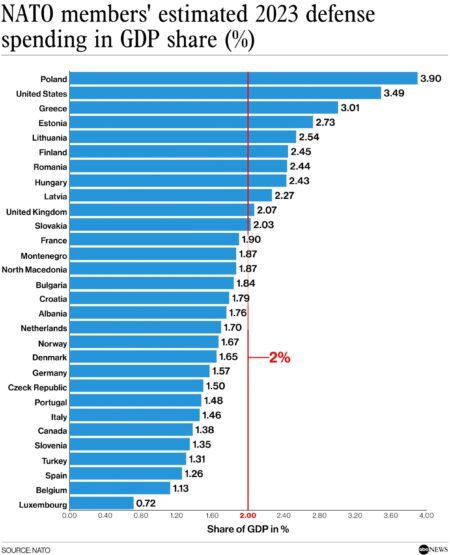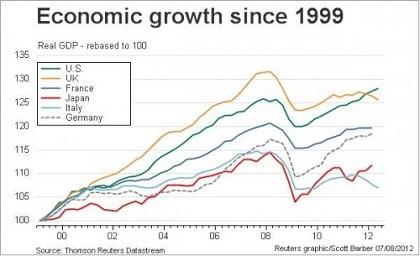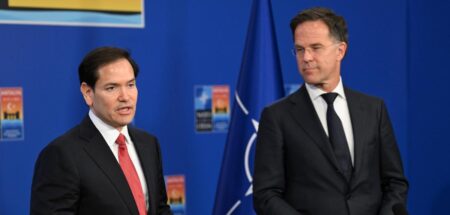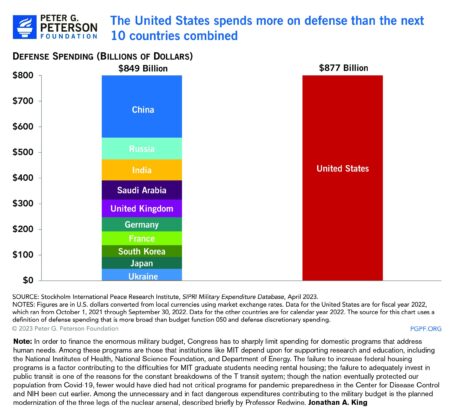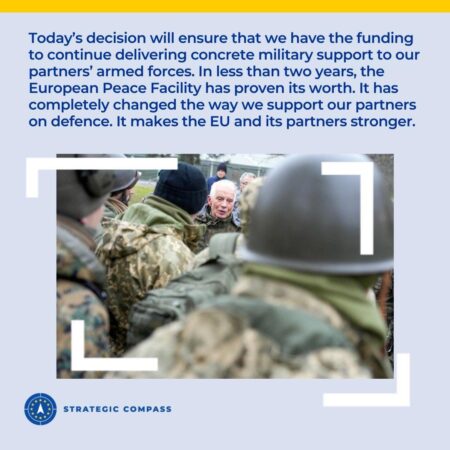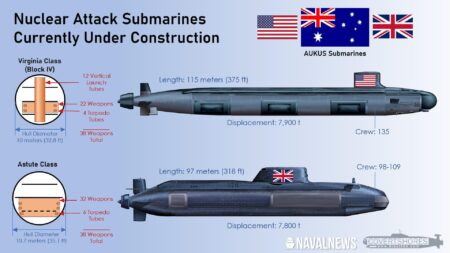The UK’s F-35 procurement strategy is now in the spotlight, as it carefully balances cost, capability, and industrial benefits. Policymakers face the tough challenge of ensuring defense readiness while keeping budgets intact, unveiling a complex and high-stakes strategic puzzle
Browsing: defense spending
Former U.S. President Trump announced that Spain will incur higher costs in a trade deal due to its refusal to meet NATO’s defense spending targets, Reuters reports. This move highlights escalating tensions over burden-sharing within the alliance
Spain’s NATO spending deal is igniting fierce debate, with critics arguing it falls short of defense budget commitments. This controversy is fueling tensions within the alliance and casting doubt on Spain’s commitment to fulfilling NATO’s expectations
Germany faces mounting pressure to boost its NATO defense spending to 5% of GDP. This ambitious move aims to strengthen the alliance’s readiness, yet it raises concerns about possible economic challenges amid an uncertain global environment, CNBC reports
Lithuanian Defense Minister strongly rejected any exemption for Spain from the 5% NATO spending target, emphasizing that every member must fully uphold their commitments. This stance underscores NATO’s unwavering determination to ensure all allies meet unified defense budget goals
The UK has boldly risen to meet NATO’s ambitious new 5 percent defense spending target, demonstrating a strong commitment to boosting military funding amid growing security challenges. This move underscores the increasing pressure on alliance members to elevate their defense budgets and reinforce collective security
Japan has abruptly canceled its upcoming “2+2” security talks with the US, following Washington’s push for Japan to ramp up its defense budget. This move highlights escalating tensions between the two longtime allies, reports Global Times
Spain has just secured a game-changing deal with NATO ahead of the upcoming summit, earning a crucial exemption from the 5% defense spending target. This breakthrough highlights the fierce negotiations over member contributions and budget priorities
Spain is challenging NATO’s 5% defense spending target, emphasizing its economic hurdles and dedication to vital social programs. As discussions heat up within the alliance, Madrid urges for more flexibility, reports EL PAÍS English
Canada is making a powerful move, pledging billions in new defense funding to meet NATO’s 2% GDP target. Finance Minister Mark Carney announced this bold commitment aimed at strengthening national security amid rising global tensions
As global tensions rise, Germany stands at a crossroads, grappling with pivotal decisions that will shape its economic destiny. Yet, leading economists caution that Friedrich Merz’s plans for rearmament and austerity might fall short in tackling the deeper issues of sustainable growth.
Germany has thrown its weight behind former President Trump’s bold proposal to ramp up NATO defense spending to a striking 5% of GDP. This significant endorsement arrives at a crucial time, as European nations are reevaluating their defense budgets in response to escalating security challenges in Eastern Europe
Spain stands out as the only major NATO member yet to embrace the alliance’s ambitious goal of dedicating 5% of GDP to defense spending. As European nations ramp up their military budgets in response to escalating geopolitical tensions, Spain’s hesitance sparks intriguing questions about its defense priorities and future commitments.
Italy and Germany have called for immediate action from NATO allies to tackle the growing disparities in defense spending during a recent meeting. With global tensions on the rise, both nations passionately urged member states to boost their military budgets, reinforcing the importance of collective security for all
Italy’s recent boost in defense spending has ignited a lively debate across the nation. Government officials emphasize the urgent need for stronger military capabilities in light of rising regional tensions, while critics passionately contend that these funds would be better spent addressing critical social issues that affect everyday citizens.
Former President Donald Trump’s recent remarks have thrown a shadow of uncertainty over Australia’s bold $234 billion nuclear submarine initiative. Critics are voicing their worries that his position could disrupt regional security dynamics and defense strategies, sparking anxiety among allies.
In a recent meeting with Spain’s economy minister, the U.S. passionately urged Spain to ramp up its defense spending and take a fresh look at the contentious ‘Google tax’. This appeal highlights the pressing issues surrounding global security and the evolving landscape of digital economy policies
European nations have pledged billions in military assistance for Ukraine amid growing tensions. This commitment comes as a US envoy holds talks with President Putin, highlighting the escalating geopolitical dynamics in the region.
Australia faces unexpected challenges in its AUKUS submarine deal, as logistical hurdles and rising costs threaten to derail the ambitious project. Analysts warn that the complexities of this defense partnership could impact national security plans.
Germany has announced a significant allocation of over €8 billion in military aid to Ukraine, reinforcing its support amid ongoing conflict. This funding aims to enhance Ukraine’s defense capabilities and underscores Germany’s commitment to regional stability.





